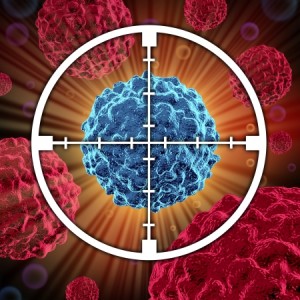Cancer treatment is changing
 There’s good news on the cancer research front. According to a recent study, therapies tailored to to contain a tumor at specific levels can both increase a patient’s lifespan and increase positive treatment outcomes.
There’s good news on the cancer research front. According to a recent study, therapies tailored to to contain a tumor at specific levels can both increase a patient’s lifespan and increase positive treatment outcomes.
The goal of the research was to compare treatment strategies so that physicians can better target therapies, tailored to a specific patient who exhibited some form of drug resistance in the past.
While aggressive treatment is often the desired method, there are specific examples of patients where treatment was managed at a level considered an “acceptable burden.” If the cancer exceeded the pre-determined level, treatment would be considered a failure.
Determining the level of treatment – as well as the level of “acceptable burden” – was based solely on the specific characteristics of the disease itself. While these are all fluid factors, the research revealed that doctors and patients were still better able to manage treatment outcomes, despite multiple factors.
Up until this point, the standard practice among doctors has been to go in hard and fast – to relentlessly hit the tumor with everything they’ve got. But according to this research, containing the tumor over a period of time, while allowing for other methods to be employed, could have just as good an outcome as immediate and aggressive treatment.
As more research like this points to a better way of treating cancer, expect previously common treatment methods to be reshaped to fit each individual patient.







